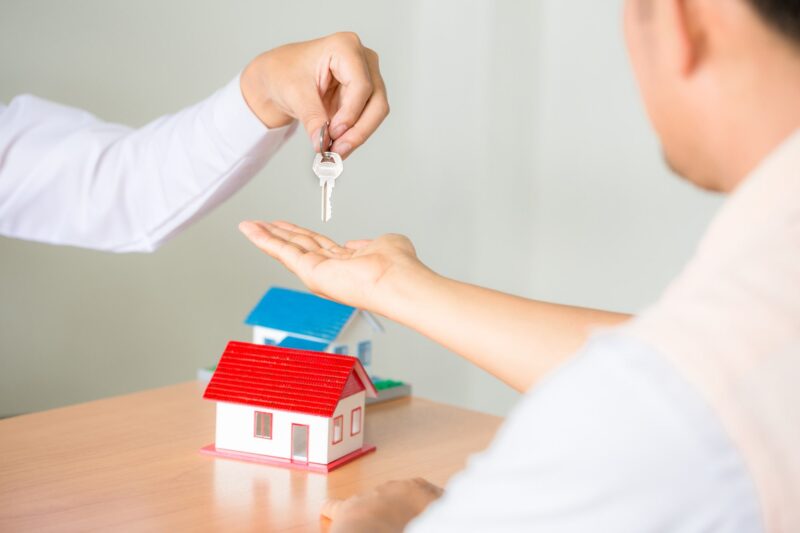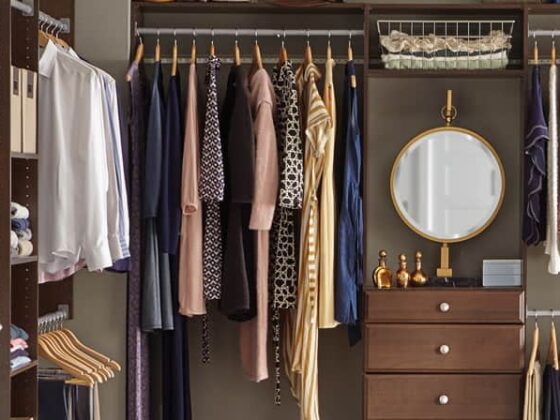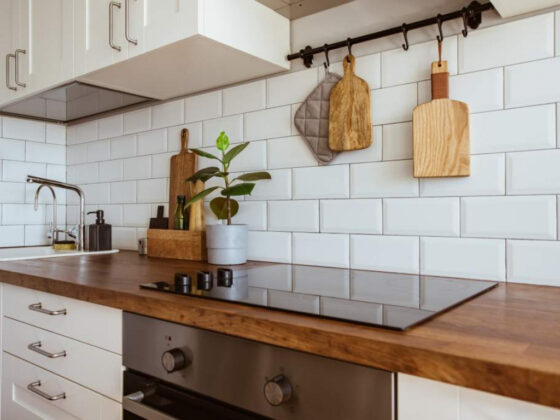If you’re staying in rented accommodation, then you’ll have a responsibility to treat the place with care. Your exact responsibilities will be outlined in your tenancy agreement – which is the contract that you’re legally required to enter into at the outset of your stay.
In most cases, you’ll be forbidden from hanging decorations on the wall, or re-painting. Or, at least, you’ll be required to return the property in the condition it was in at the start of the tenancy.
It’s a good idea to familiarise yourself with your responsibilities, and to get an idea of exactly how you’ll be fulfilling them. Let’s review.
What should the landlord be dealing with?

There are some things which fall under the landlord’s remit. These tend to relate to the fabric of the building, and to utilities. If the boiler needs to be repaired, then your landlord will need to deal with it. If there’s a spillage on the carpet, then it’s your job to clean it up.
In practice, many landlords will work through a letting agent. This is an organisation which provides many distinct services, including finding tenants and collecting rent. Whether there’s an agent involved or not, the buck ultimately stops with your landlord when it comes to major repairs and emergencies like boiler breakdowns.
What about white goods?
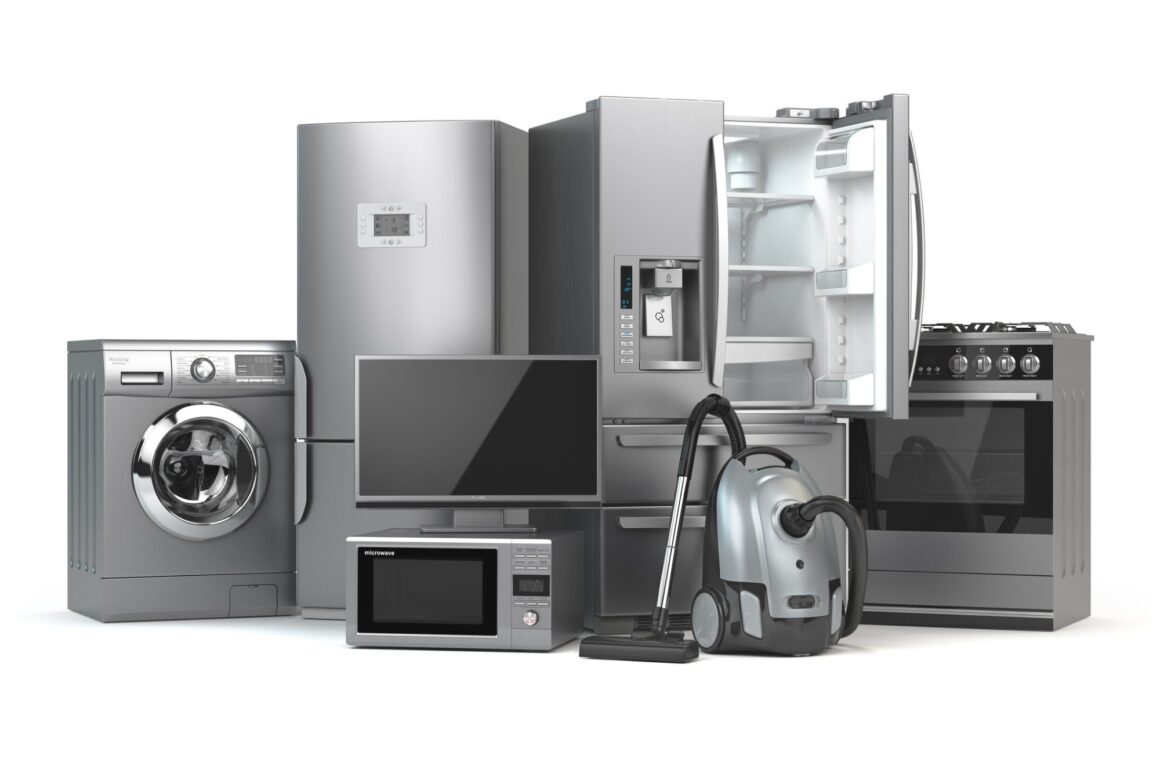
The rules get slightly more complicated when it comes to white goods. If an appliance breaks, then it tends to be the tenant’s job to get it fixed or replaced – unless the appliance in question could be considered a sanitary necessity. As such, fridges, freezers, washing machines and tumble driers will tend to be dealt with by the tenant – that is, unless there’s a specific clause in the tenancy agreement which says otherwise.
Other than standard wear and tear, if you live in a furnished rental property, ensure you treat the furniture and white good with respect.
What about visits?

If your landlord is showing up unannounced and taking a look around, even when you’re not in, then it could amount to harassment. This is something you shouldn’t put up with. Any checks to ensure the property is still in good order is usually stipulated in the contract but if they feel they need to check something out, landlords or letting agencies usually provide 24 hours notice before entering the property.
It might be reasonable to arrange an inspection every now and then, however. As the tenant, this might demonstrate that you’re cooperative and ultimately worth retaining. It might also give you an incentive to get on top of the cleaning, too!
Cleaning tips
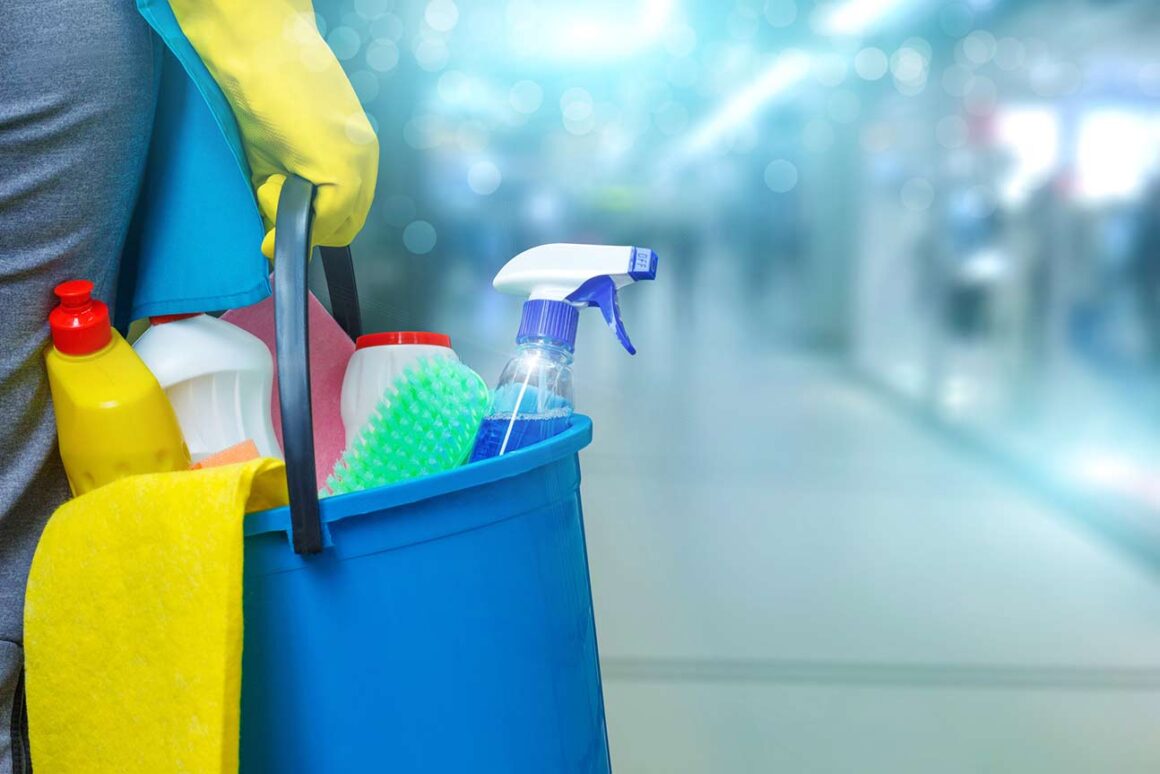
Let’s run through a few essential cleaning tips.
Good cleaning is often a matter of developing the right habits. Break down the job into smaller tasks which you’re performing regularly. Write down a checklist that you can work through when you need to do a more major clean, say, once a month. You can close the doors to each room as you work through them, helping you to track your progress. Do everything sequentially and methodically, rather than in a scattershot way – you’ll be much quicker, that way.
